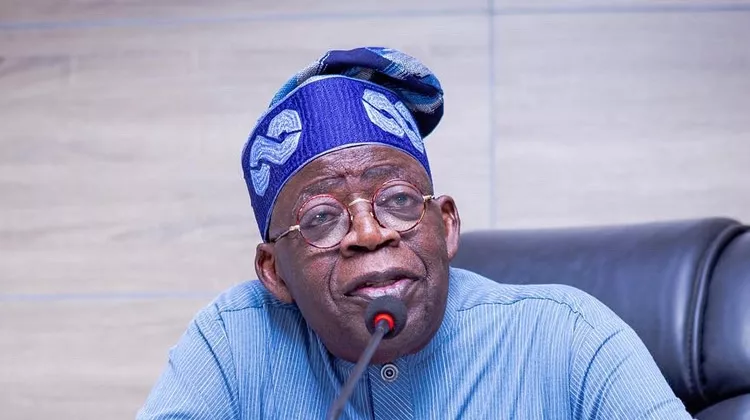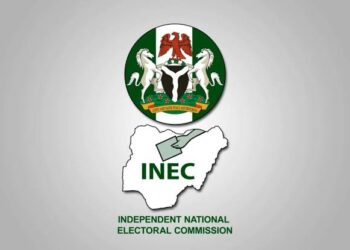The federal government plans to tackle poverty and insecurity through financial inclusion of all Nigerians.
Deputy chief of staff to the president, Sen. Ibrahim Hadejia, made this known at a news conference in Abuja on Wednesday ahead of a national stakeholders’ workshop on financial inclusion slated for Thursday and Friday.
Hadejia reiterated the commitment of President Bola Tinubu’s administration to an all-inclusive Nigeria under his “Renewed Hope Agenda.”
He said part of the plan was to unveil a roadmap to integrate unbanked Nigerians into the formal financial system.
“Economic and financial inclusion are essential components of President Tinubu’s agenda to integrate the underserved and unbanked Nigerians into the formal financial system.
“This will enable Nigerians to access a range of financial services at reasonable costs,’’ Hadejia said.
The two-day workshop aims to sensitise stakeholders and chart a course for accelerating financial inclusion efforts nationwide.
The services include the opening of transaction accounts, savings, payments, transfers, credit, pension, e-commerce, and insurance (including health insurance) accounts close to places of work or residence.
“The vice-president and chairman of the National Council on Nutrition, Alhaji Kashim Shettima, is passionately committed to supporting the successful implementation of the national financial inclusion strategy, Hadejia stressed.
Earlier, the technical advisor to the president on financial inclusion, Dr Nurudeen Zauro, said CBN governor, Mr Olayemi Cardoso, would deliver the lead paper at the workshop.
“The CBN currently implements the financial inclusion strategy in the country. Minister of Finance and Coordinating Minister for the Economy, Mr Wale Edun, will also present a lead paper on financial inclusion.
“Also expected at the workshop are the chairman of the Nigeria Governor’s Forum, Governor AbdulRahman AbdulRazaq of Kwara, Governor Charles Soludo of Anambra, and the 14th Emir of Kano, Khalifa Muhammad Sanusi II.
“Participants would also come from the World Bank, the Bill and Melinda Gates Foundation, and the Alliance for Financial Inclusion,’’ Zauro said.
The Alliance for Financial Inclusion is a policy leadership alliance owned and led by member central banks and financial regulatory bodies in developing countries with the objective of advancing financial inclusion.
It was founded by the Central Bank of Kenya and the Bank of Thailand.





